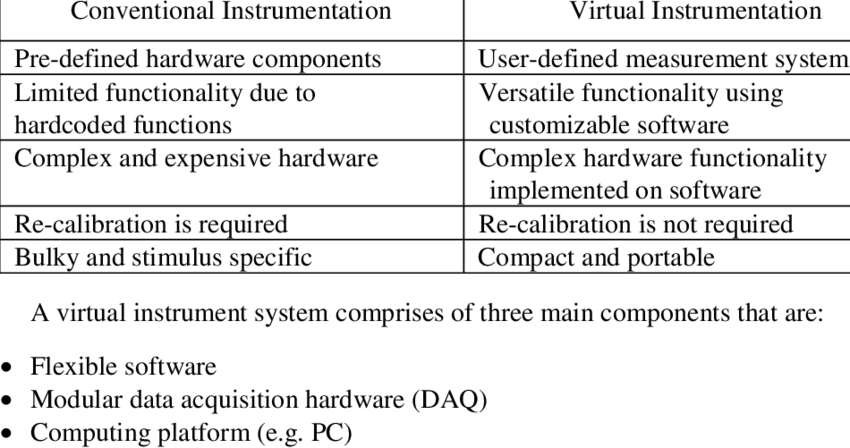

The severity of these side effects (estimated to occur in roughly 30% of patients () often results in sorafenib dose reductions or discontinuation. Currently, sorafenib is administered orally and thus, can lead to side effects including hand and foot syndrome, diarrhea, and hypertension (). Sorafenib inhibits angiogenesis via blockage of VEGF and PDGF receptors and cell proliferation via blockage of B-Raf and C-Raf of the Map Kinase pathway (). Sorafenib has a proven survival benefit () in patients with advanced stage disease and is now the standard of care for those patients (). The FDA recently approved the multi-kinase inhibitor (MKI) sorafenib tosylate (common name sorafenib, trade name Nexavar®, Bayer) for treating patients with unresectable hepatocellular carcinoma (HCC) (). These PLG microspheres offer the potential to increase the efficacy of molecularly targeted MKI therapies while reducing systemic exposures via selective catheter-directed delivery to HCC. At 72 hours after microsphere infusion, microvessel density was significantly reduced in tumors treated with the sorafenib-eluting microspheres compared to both sham control tumors (by 35%) and controls (by 30%). During in vivo studies, MRI permitted intra-procedural visualization of intra-hepatic microsphere delivery.


In vitro studies demonstrated significant reductions in HCC cell proliferation with increasing doses of the sorafenib-eluting microspheres, where the estimated IC 50 was a 29 ug/mL dose of microspheres. The PLG microspheres (diameter ≈1 μm) were loaded with 18.6% (w/w) sorafenib and 0.54% (w/w) ferrofluid and 65.2% of the sorafenib was released within 72 hours of media exposure. The particles also encapsulated iron-oxide nanoparticles permitting magnetic resonance imaging (MRI) of intra-hepatic biodistributions.

We developed sorafenib-eluting PLG microspheres for delivery by intra-hepatic transcatheter infusion in an orthotropic rodent HCC model. Local transcatheter delivery of sorafenib to liver tumors has the potential to reduce systemic toxicities while increasing the dose delivered to targeted tumors. However, patient tolerance is often poor due to common systemic side effects following oral administration. The multi-kinase inhibitor (MKI) sorafenib can be an effective palliative therapy for patients with hepatocellular carcinoma (HCC).


 0 kommentar(er)
0 kommentar(er)
